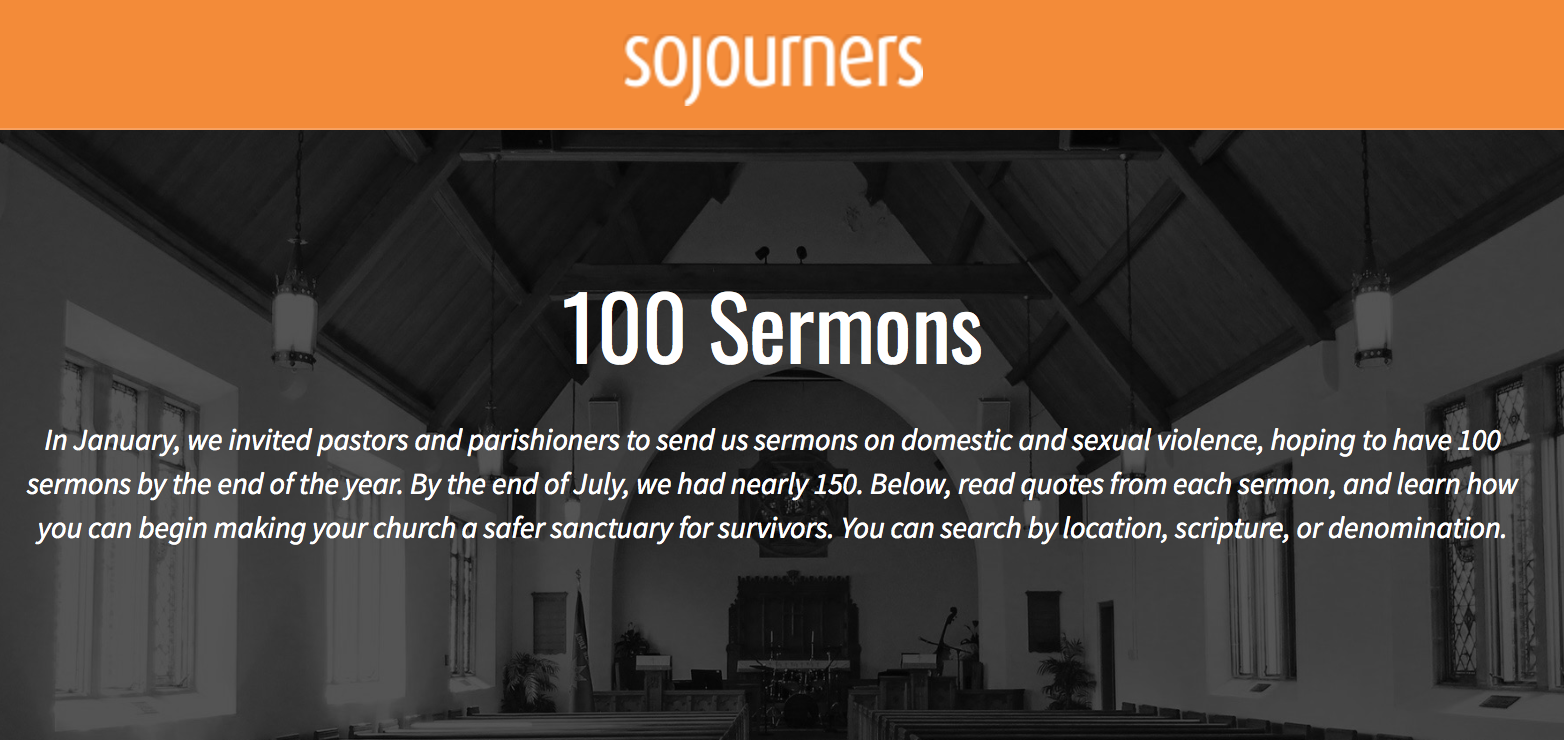It’s a gray, mid-May morning in Panteón Municipal #1, a city cemetery in Tijuana’s Zona Norte neighborhood. Alberto, the gatekeeper, saunters down a rocky pathway lined with palms, jacaranda, and gravestones to a prominent, red brick chapel, built over the tomb of one Juan Castillo Morales.
The shrine is covered wall-to-wall with candles, flowers, and plaques with names and messages of thanks to “Juan Soldado” (Juan the Soldier), as Castillo is known. Amid the array sits a stylized bust of a young soldier, resplendent in military attire, this morning bearing a black rosary and a blue-and-white Los Angeles Dodgers snapback hat.
The shrine is one of many unofficial memorials where loved ones remember lives of immigrants lost along the U.S.-Mexico border. From chapels erected around the graves of unofficial saints such as Castillo to digital memorials people carry with them into the desert to the crosses, flowers, and other mementos left along the border boundary itself, these monuments not only pay tribute to the individuals lost but bear witness to the ubiquity of death — and faith — in America’s southwestern borderlands.
Rosalba Ruiz-Hernández, a 46-year-old mother of five, stands in the shrine. Ruiz-Hernández, originally from the southern Mexican state of Oaxaca, was deported back to Tijuana after her own failed attempt to start a new life in the U.S. Two of her grown children still live in Long Beach, Calif., near her former husband. They are undocumented, she said, but they make a living. Two others are in Tijuana with her. Matías, her middle son, died in the desert on his way north to join his siblings in Southern California.
“I come to Juanito’s chapel to give thanks for the children who have their new life in Long Beach,” Rosalba said, “and to pray for Matías’ soul.”
Juan Soldado is an unlikely saint. According to the Roman Catholic Church, he isn’t a saint at all. On Feb. 17, 1938, Castillo was executed for the rape and murder of Olga Camacho Martínez, a young girl who is buried in a cemetery just up the road. William Calvo-Quirós, an associate professor of American and Latino/a Studies at the University of Michigan, said the young soldier, a convicted murderer and rapist, transformed over time into Juan Soldado — a “folk saint” who is venerated as a victim of state violence.
And Tijuana holds many such stories, of border “saints” who, in death and in life, suffered at the intersections between worlds. And beyond Tijuana, there are numerous other unofficial saints’ shrines populating the U.S.-Mexico borderlands: El Tiradito in Tucson, Ariz.; Jesús Malverde in Culiacán, Sinaloa; Niño Fidencio in Espinazo, Nuevo León; the Virgen de San Juan del Valle, outside McAllen, Texas; and El Señor de los Milagros in San Antonio. Each memorial is part of a rich tapestry of rituals and beliefs that immigrants and their loved ones carry with them, or depend on, to sustain them amid migration, uncertainty, and death.
Nobody knows how many of these saints exist, wrote historian Paul J. Vanderwood. But the popular devotions and informal canonizations that emerged around them are a testament to the unjust circumstances of their deaths and, by extension, the deaths of many in the borderlands. These are souls with “unfinished” business, Vanderwood wrote — they “clamor for assistance” and cry out for justice.
Hundreds of migrants die every year along one of the world’s deadliest land borders. The U.S. Customs and Border Protection agency reports that 8,050 people died attempting to cross the border between 1998 and 2020. The agency recorded an additional 568 deaths in 2021 and 895 in 2022 — the most deaths recorded in a single year. Many more, who die from some form of exposure (heat stroke, hypothermia, or dehydration), are left unaccounted for and unclaimed. Then there are those who die somewhere in Mexico or Central and South America, en route to the U.S.-Mexico border.
This, said Calvo-Quirós, makes the border a nearly 2,000-mile stretch of “haunted land.”










